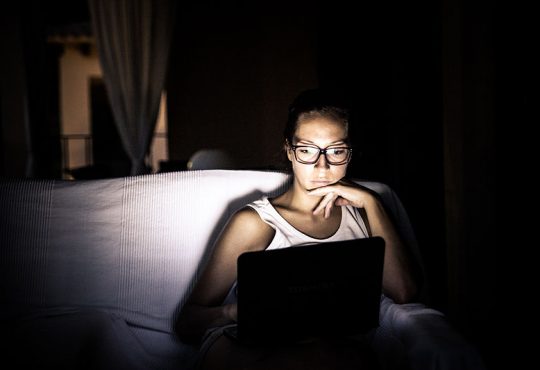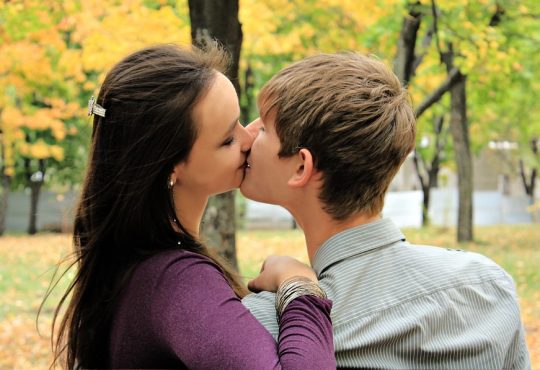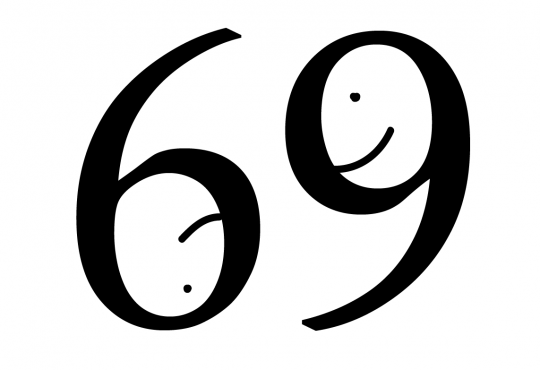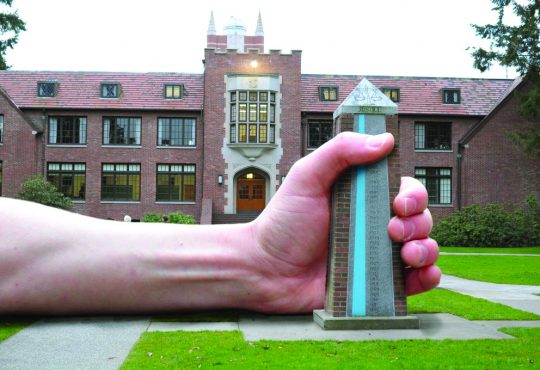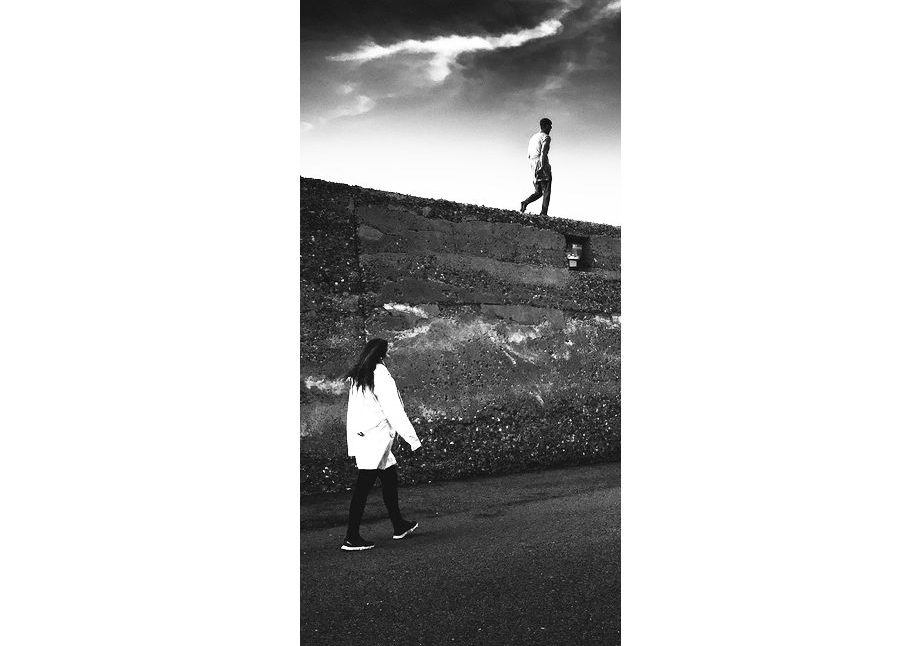
It is the eighth week of 2019, yet it feels like the 100th. Exam season is here, and the semester is starting to gain momentum. While our heart rates increase due to the stress, I wonder if our hearts still beat to love?
The Atlantic recently published an article called “Why Are Young People Having So Little Sex?” arguing that millennials deal with pressures that lead to less sex than the older generations had. The book “iGen” even found that people in their early 20s are 2 1/2 times more likely to be abstinent than Gen Xers were at that age.
Researchers aren’t sure what to blame. We are living in an age of surging anxiety rates, widespread antidepressant use, streaming television, plastic, dropping testosterone levels, digital porn, the vibrator’s golden age, dating apps, option paralysis, careerism, smartphones and sleep deprivation. In 2014, when Tinder last released its data, the average user checked Tinder 11 times a day. Men and women together spent around 10.5 hours a week on Tinder. Today, the company says it logs 1.6 billion swipes a day, and just 26 million matches. That is a lot of people nodding and not talking.
Colby Wright, a junior from Idaho, told me his conversations on Tinder are “typically just a few jokes and then one of us stops replying. I’ve never met up with anyone from Tinder, but I did manage to get a pen-pal out of it once.”
Yoshi Saiki, a sophomore studying religion, told me, “I have very basic conversations, but they are common.”
The Atlantic article argued that young people are hitting on each other less in person out of fear for sexual harassment. I tested this by asking Loggers their experience. Sophomore Roan Furmanski told me, “I’ve always hit on people in person, never used online. The last time I did was with my current partner, Angelique, last year.”
Wright told me, “I’m a fairly flirty guy in general. However, I oftentimes just slip little hints into conversations.”
Cat Shank, a junior studying religion and Asian Studies, told me, “I prefer to show interest for someone in person because it feels more genuine.”
Nia Henderson, a junior studying psychology, said, “Flirting from behind the screen is so two thousand and late.”
While Loggers seem to enjoy flirting in public, The Austin Institute for the Study of Family and Culture found that from 1992 to 2014, the share of American men who reported masturbating in a given week doubled to 54 percent and women more than tripled to 26 percent.
Wright told me, “The first time I watched porn was in fifth grade. This kid Jeremy started showing me boobs on his phone on the playground and gave me some tips on what to search to get past privacy settings.”
Sakai and Furmanski first watched porn in the sixth grade. Just so you know, women watch porn, too. One woman I interviewed started watching porn in the fourth grade.
Gavin McInnes, who also co-founded Vice Media, has said that pornography and masturbation are making millennials “not even want to pursue relationships.”
Wright told me, “I never really had a relationship as a teenager, but the first relationship I got into was when I was 18, so I guess that counts.”
Furmanski had a very different answer: “As a teenager I’ve had four non-sexual relationships. As an older teenager I had another four sexual relationships.”
In 1995, a large study known as “Add Health” found that 66 percent of 17-year-old men and 74 percent of 17-year-old women had experienced “a special romantic relationship” in the past 18 months. In 2014, when the Pew Research Center asked 17-year-olds whether they had “ever dated, hooked up with or otherwise had a romantic relationship with another person,” only 46 percent said yes.
These researchers believe that this is because dating apps have created a paradox of choice or “option paralysis” (a term from the Netflix Series “Black Mirror”). FOBO (fear of a better option) could also be to blame. Furmanski’s partner Angelique Avanozian, a junior studying psychology, told me, “In previous relationships, I was consciously aware of my FOBO. I would recognize that a partner was not ‘the one,’ but rather ‘one of them.’”
She quoted Nora McInerny, saying, ‘“I love you” sounds better than ‘You are my best option at the time, though I know you have reached your potential and I am destined for greater things, buddy.’”
Avanozian continued, “But my FOBO dissolved when I met and intertwined lives with Roan. When you become wholly enamoured with the idiosyncrasies and qualities of an individual who becomes your manic-pixie-dream-partner, the fulfillment is overpowering. Roan freed me of FOBO.”
Furmanski later told me, “I do not fear a better partner simply because my current partner is my best option and the one I can find myself to never stop loving.”
Despite living in an age full of stressful obligations, it is joyous to know that people still find time to search for love and intimacy. There might be a plethora of researchers wondering why our generation isn’t coupling up as quickly as older folks did, but it seems to me that Loggers are simply navigating love at a new pace.



